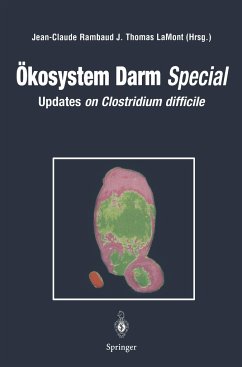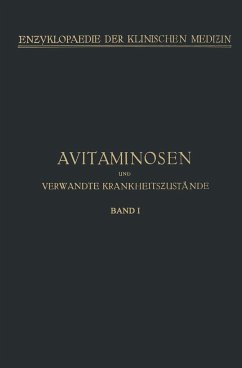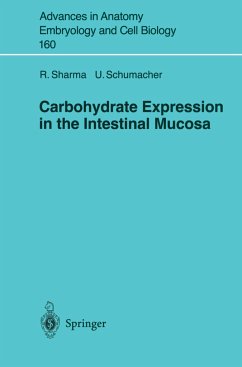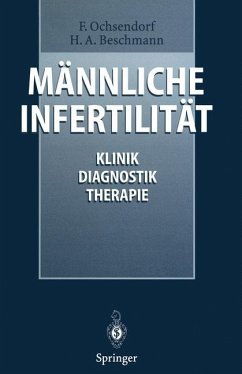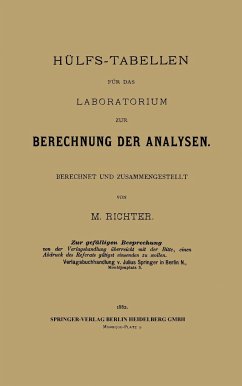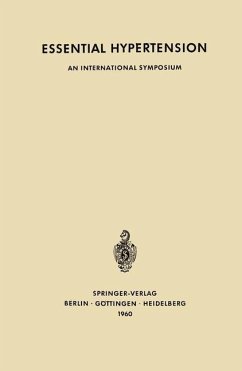
Essential Hypertension
An International Symposium. Berne, June 7th-10th, 1960 Sponsored by CIBA
Herausgegeben: Bock, K. D.; Cottier, P.

PAYBACK Punkte
0 °P sammeln!
In the span of a few short years the therapeutic management of essential hypertension has been transformed from one of gross empiricism to that of a stable, rational approach based on established pharmacological principles. This success has required a close liaison among the disciplines of chemistry, of pharmacology, and of the clinic, for the niceties and fine nuances governing the relationship between chemical structure and type of biological activity of a compound are all too elusive for charting a reliable course through unfamiliar synthetic molecular configurations. Although autonomic ner...
In the span of a few short years the therapeutic management of essential hypertension has been transformed from one of gross empiricism to that of a stable, rational approach based on established pharmacological principles. This success has required a close liaison among the disciplines of chemistry, of pharmacology, and of the clinic, for the niceties and fine nuances governing the relationship between chemical structure and type of biological activity of a compound are all too elusive for charting a reliable course through unfamiliar synthetic molecular configurations. Although autonomic nervous overactivity had never been demonstrably implicated as an etiological factor in essential hypertension, it had been realized earlier that suppression of this system by pharmacological means offered potential therapeutic benefit. Unfortunately, early investigative work had not yielded specific potent autonomic blocking agents with suf ficiently wide therapeutic indices to be suitable forhuman use. The initial successful surgical approach to the problem of sympathetic nervous dampen ing by means of a dorsal thoracolumbar sympathectomy established the validity of such a procedure and laid the groundwork for an ultimate pharmacological approach. Among the effective agents which have been discussed, an action either directly or indirectly upon the sympathetic nervous system or upon the neurohumors which it elaborates has been a common denominator. Such an occurrence inevitably poses the question as to whether such a common denominator has basic meaning or is merely coincidental with respect to the mode of action of the drug.





